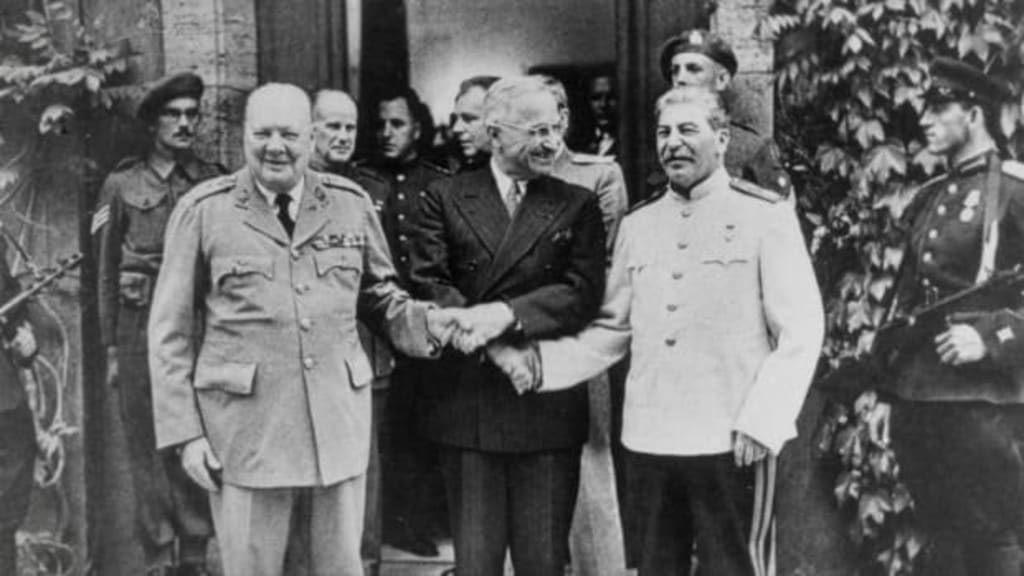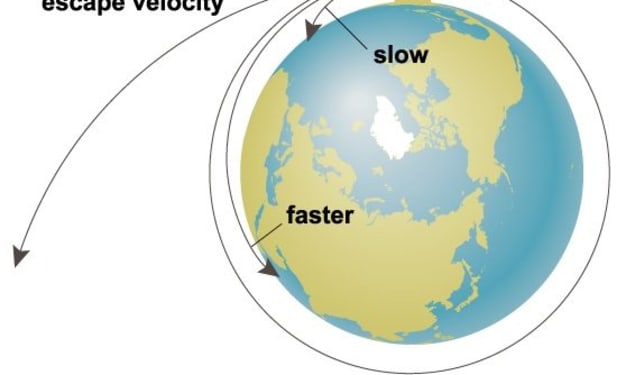How the cold war was officially Ended.
Cold war

The Cold War was a state of political and military tension between the Western Bloc, led by the United States and its allies, and the Eastern Bloc, led by the Soviet Union, that lasted from the end of World War II in 1945 to the early 1990s. The Cold War had far-reaching impacts on world events, shaping the global political and economic landscape for several decades.
The exact starting date of the Cold War is a matter of debate among historians and political scientists, but most agree that it began in the aftermath of World War II. The end of the war led to the formation of two opposing power blocs, with the Western Bloc led by the United States and its allies, and the Eastern Bloc led by the Soviet Union.
The tensions between the two sides became more pronounced in the late 1940s, with the onset of the arms race and the formation of the North Atlantic Treaty Organization (NATO) by the Western powers in 1949. The formation of NATO was seen as a direct threat to the Soviet Union and was a significant factor in the start of the Cold War.
Another key factor in the start of the Cold War was the Soviet Union's establishment of communist governments in Eastern Europe in the late 1940s and early 1950s. The spread of communism in Eastern Europe was seen as a direct threat to Western security and was met with strong resistance from the United States and its allies.
In conclusion, while the exact starting date of the Cold War is a matter of debate, most agree that it began in the aftermath of World War II and was shaped by a series of political, military, and economic developments in the late 1940s and early 1950s. The Cold War had far-reaching impacts on world events and shaped the global political and economic landscape for several decades.
The Cold War was a geopolitical conflict that lasted from 1947 to 1991, primarily between the United States and the Soviet Union. The end of the Cold War marked a major turning point in world history and is considered one of the defining events of the 20th century. While there was no official end to the Cold War, its conclusion is widely considered to have occurred in 1991.
The first notable event that signaled the end of the Cold War was the fall of the Berlin Wall in 1989. The Berlin Wall was erected in 1961 to separate East and West Berlin, and it became a symbol of the Cold War and the division between the capitalist West and the communist East. The fall of the Berlin Wall in November 1989 was a pivotal moment that marked the beginning of the end of the Cold War.
Another significant event that contributed to the end of the Cold War was the collapse of the Soviet Union in 1991. The Soviet economy was struggling, and the country was facing widespread political unrest and demands for greater political freedoms. In December 1991, the Soviet Union officially dissolved, marking the end of the communist era and the conclusion of the Cold War.
In addition to these events, the end of the Cold War was also influenced by a series of political and economic developments, including the arms race and the implementation of more peaceful diplomatic relations between the US and the Soviet Union. The signing of arms control agreements, such as the Strategic Arms Reduction Treaty (START I) in 1991, helped to reduce tensions and improve relations between the two superpowers.
The end of the Cold War had far-reaching impacts on the world, leading to a new era of globalization and the spread of democracy to many countries in Eastern Europe and beyond. The fall of the Soviet Union allowed for the reunification of Germany and the formation of a more cooperative international system.
In conclusion, while there was no official end to the Cold War, the fall of the Berlin Wall in 1989 and the collapse of the Soviet Union in 1991 are widely considered to mark its conclusion. The end of the Cold War marked a significant turning point in world history, with far-reaching impacts on politics, economics, and global affairs.





Comments
There are no comments for this story
Be the first to respond and start the conversation.